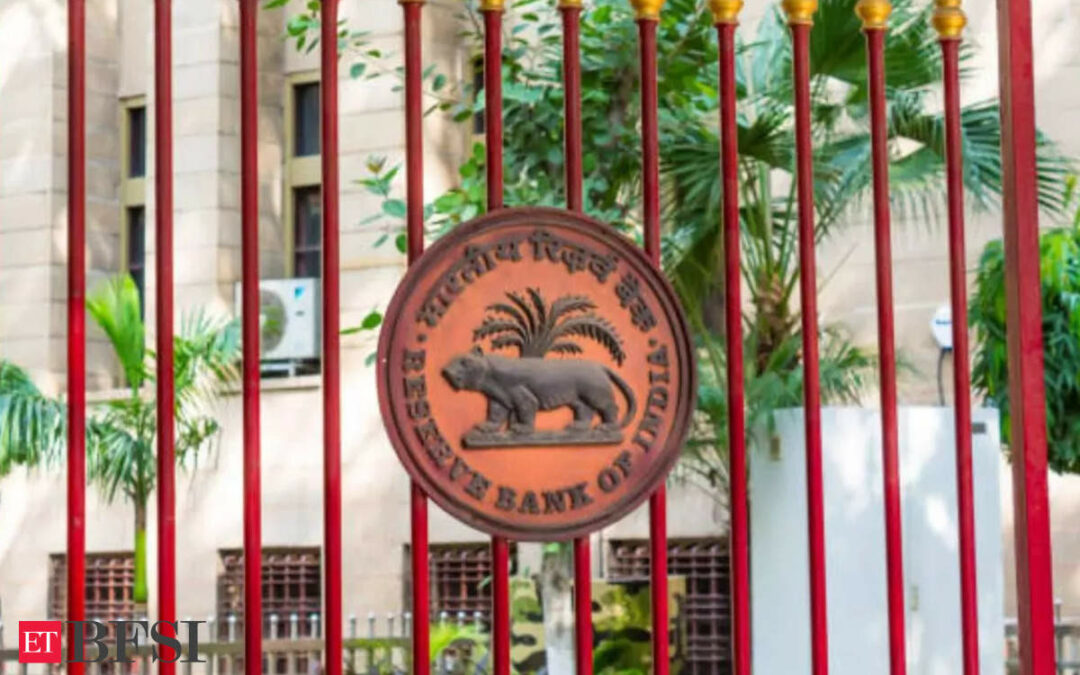The Finance Industry Development Council (FIDC) on Tuesday urged the Reserve Bank of India (RBI) to review its recent proposal calling for an increase in the provisions that lenders have to set aside against infrastructure project loans.
Last month, the RBI had released guidelines on project financing under which the lenders would be required to set aside provisions of up to 5% of outstanding exposures during the construction phase of projects, compared to the current 0.4%.
This provision would then decrease to 2.5% once the project becomes operational.
The FIDC has written to the Chief General Manager, Credit Risk Group, Department of Regulation, seeking certain clarifications in context of the criteria laid down by the central bank.
Common agreement:
FIDC has requested RBI to clarify whether this framework will be applicable to loans which were extended prior to such guidelines where there is no common agreement between debtor and the lender.
Minimum limits for financing:
RBI in its draft guidelines said that projects where aggregate exposure of the participant
lenders is upto Rs 1,500 crores, no individual lender shall have an exposure which is less than 10% of the aggregate exposure. For those over Rs 1,500 crores, this individual exposure floor shall be 5% or Rs 150 crores, whichever is higher.
FIDC requested the RBI to not to prescribe minimum limits for financing and let it be decided by commercial agreement between the parties.
The Lenders will be required to be part of an agreement jointly with Debtors.
“This will ensure that rights and duties of parties will be clear, un-ambiguous and protected,” it said.
Central Repository of Information on Large Credit (CRILC)
The RBI guidelines have said that any such credit event shall be reported to the Central Repository of Information on Large Credit (CRILC) by the lenders.
However, the FIDC submitted that the NBFCs do not have access to CRILC. This will mean that there will be lag for such information to come to notice of NBFCs, through other lenders.
“We request if longstanding industry request of providing access to NBFCs to CRILC to be considered favorably,” it said.
Extension of DCCO
RBI discouraged banks from designing finance agreements that allow a moratorium on repayments beyond the date of commencement of commercial operations (DCCO).
If lenders decide to grant a moratorium on repayment beyond the DCCO, the moratorium cannot exceed six months from the commencement of commercial operations, RBI said.
FIDC requested timeline for extension for exogenous and legal reasons be also the same that for endogenous i.e. 2 years.
Cap on cost overruns
RBI has proposed that in cases where lenders have specifically sanctioned a ‘Standby Credit Facility (SBCF) at the time of initial financial closure to fund cost overruns arising on account of extension in DCCO, they may fund cost overruns as per the agreed terms and conditions up to a maximum of 10% of the original project cost.
FIDC said any cap has the potential of inhibiting the project continuation even after considering extension of DCCO.
“We, therefore, request that no limit be placed on maximum cost overrun which can be funded and it should be left on commercial decision-making.”
Provision of 5%
A general provision of 5% of the funded outstanding shall be maintained on all existing as well as fresh exposures on a portfolio basis, said RBI.
FIDC said, we request that instead of flat provision of 5% for all projects in construction phase, it should continue to be standard provision rate of 0.4%.










